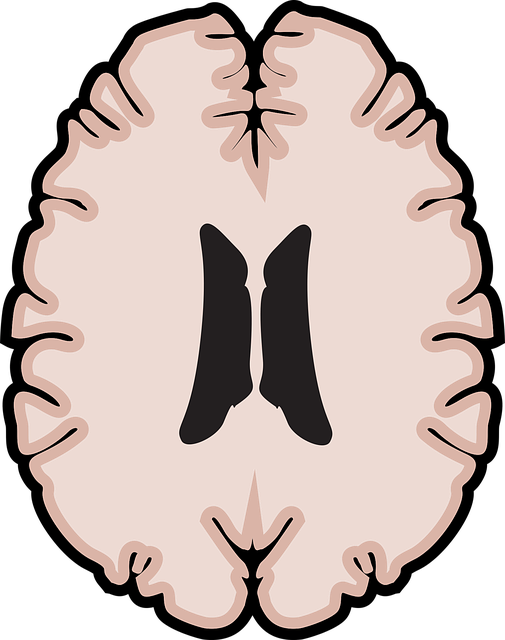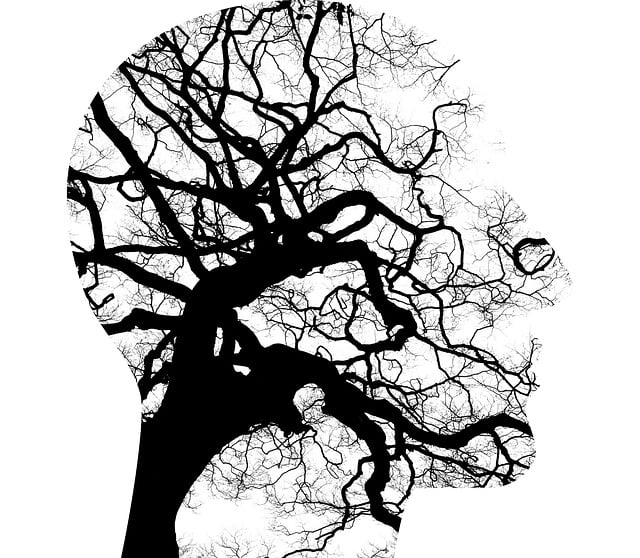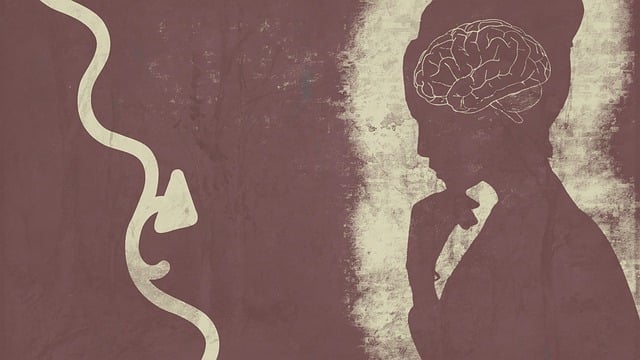Wheat Ridge Abuse Survivors Therapy (WRAST) offers specialized programs for abuse survivors, addressing trauma-related mental health challenges through individual therapy, group support, and workshops. Their tailored approach reduces stigma, empowers survivors, and promotes healing. Effective mental wellness coaching includes safe spaces, evidence-based techniques, risk assessment, and burnout prevention. Personalization, integrating cognitive-behavioral therapy and mindfulness, ensures unique, effective support for each survivor's specific needs. Community engagement, peer support groups, and educational workshops enhance emotional resilience. Risk management planning, measurable goals, client feedback, and data analysis drive continuous improvement in WRAST's programs.
Mental wellness coaching programs have emerged as essential tools for individuals, especially those who’ve experienced trauma. This article explores the development of specialized programs tailored for wheat ridge abuse survivors’ therapy, focusing on key components that make these interventions effective. We delve into strategies for designing customized programs, implementing supportive services, and measuring success. By understanding the unique needs of these survivors, coaches can foster meaningful healing and enhancement in mental wellness.
- Understanding the Need for Specialized Programs: A Look at Wheat Ridge Abuse Survivors Therapy
- Key Components of Effective Mental Wellness Coaching
- Designing a Customized Program for Survivors: Strategies and Techniques
- Implementing Supportive Services and Community Engagement
- Measuring Success and Continuous Improvement in Mental Wellness Coaching
Understanding the Need for Specialized Programs: A Look at Wheat Ridge Abuse Survivors Therapy

In today’s world, where mental health issues are increasingly prevalent, there is a growing need for specialized programs that cater to specific populations with unique challenges. One such program that highlights this necessity is Wheat Ridge Abuse Survivors Therapy (WRAST). This organization focuses on providing tailored support for individuals who have survived abuse, offering them the tools and resources necessary to navigate their mental wellness journeys.
WRAST recognizes that survivors of abuse often face complex issues related to trauma, anxiety, and depression. Their programs aim to bridge the gap in services by delivering targeted interventions. Through various initiatives, including individual therapy sessions, support groups, and educational workshops on stress management and self-care routine development for better mental health, WRAST facilitates mental illness stigma reduction efforts. By addressing the specific needs of abuse survivors, they empower individuals to reclaim their lives and foster resilience in the face of adversity.
Key Components of Effective Mental Wellness Coaching

Mental wellness coaching programs are designed to empower individuals and communities, especially those recovering from traumatic experiences like Wheat Ridge Abuse Survivors Therapy. An effective program incorporates several key components. Firstly, it provides a safe and non-judgmental space for clients to openly discuss their mental health challenges and goals. Trained coaches offer tailored support, leveraging evidence-based techniques to enhance coping strategies and promote resilience.
Social Skills Training plays a crucial role in fostering meaningful connections and improving overall well-being. Risk assessment is another vital aspect, ensuring that both the coach and client are aware of potential triggers or risks and have strategies in place to manage them. Additionally, integrating burnout prevention strategies for healthcare providers is essential, as coaches themselves need support to maintain their own mental health and avoid professional exhaustion.
Designing a Customized Program for Survivors: Strategies and Techniques

When developing a mental wellness coaching program for survivors of Wheat Ridge Abuse Survivors Therapy, personalization is key. Each individual’s journey and experiences are unique, requiring tailored strategies to address specific needs. Coaches should employ adaptive approaches that consider the complex nature of trauma and its impact on mental health. This involves creating a safe and non-judgmental space where survivors feel empowered to share their stories and set personal goals.
Customized programs can incorporate various techniques, such as cognitive-behavioral therapy, mindfulness practices, and trauma-focused support services. Mood management strategies are essential to help individuals regulate emotions and reduce stress, while trauma support services ensure access to specialized care for those still processing their experiences. By combining these methods, coaches can offer comprehensive assistance, fostering resilience and promoting healing in a way that is uniquely suited to each survivor’s requirements.
Implementing Supportive Services and Community Engagement

Implementing Supportive Services and Community Engagement plays a pivotal role in enhancing mental wellness coaching programs. Organizations like Wheat Ridge Abuse Survivors Therapy have shown that integrating these services can significantly improve client outcomes. By offering accessible resources, such as peer support groups and educational workshops, coaches create an environment of care and understanding, fostering emotional resilience among participants.
Effective community engagement strategies further strengthen this process. Encouraging open dialogue through forums, webinars, and one-on-one sessions enhances the exchange of knowledge and experiences. This promotes a sense of belongingness and encourages clients to actively participate in their mental wellness journeys. Moreover, integrating risk management planning for mental health professionals ensures that these services are delivered safely and ethically, enhancing overall program credibility and effectiveness.
Measuring Success and Continuous Improvement in Mental Wellness Coaching

Measuring success and driving continuous improvement are paramount in mental wellness coaching programs, especially when catering to survivors of trauma like Wheat Ridge Abuse Survivors Therapy. Defining measurable goals and outcomes at the outset is crucial. This could include improved symptoms reduction as measured by standardized assessment tools, enhanced coping mechanisms, better stress management, or increased life satisfaction. Regular feedback from clients plays a significant role; their experiences and perceptions offer valuable insights into what’s working and areas needing adjustment.
Beyond client feedback, integrating data analysis techniques allows for deeper understanding. Tracking progress over time through periodic evaluations enables coaches to refine strategies and tailor interventions. Incorporating Social Skills Training and Communication Strategies can be assessed through role-play scenarios or post-interaction debriefs. Resilience Building, another key focus area, might be evaluated through challenges designed to gauge clients’ ability to bounce back from setbacks. Continuous improvement is a dynamic process that requires adaptability, reflection, and a commitment to best support the unique needs of each individual on their mental wellness journey.
The development of specialized mental wellness coaching programs, such as those inspired by Wheat Ridge Abuse Survivors Therapy, is a vital step towards addressing the unique needs of survivors. By incorporating key components like trauma-informed care, personalized strategies, and community engagement, these programs can effectively support individuals on their journey to recovery. Continuous improvement, measured through robust evaluation methods, ensures that coaching remains impactful and tailored to the evolving needs of those seeking mental wellness.














